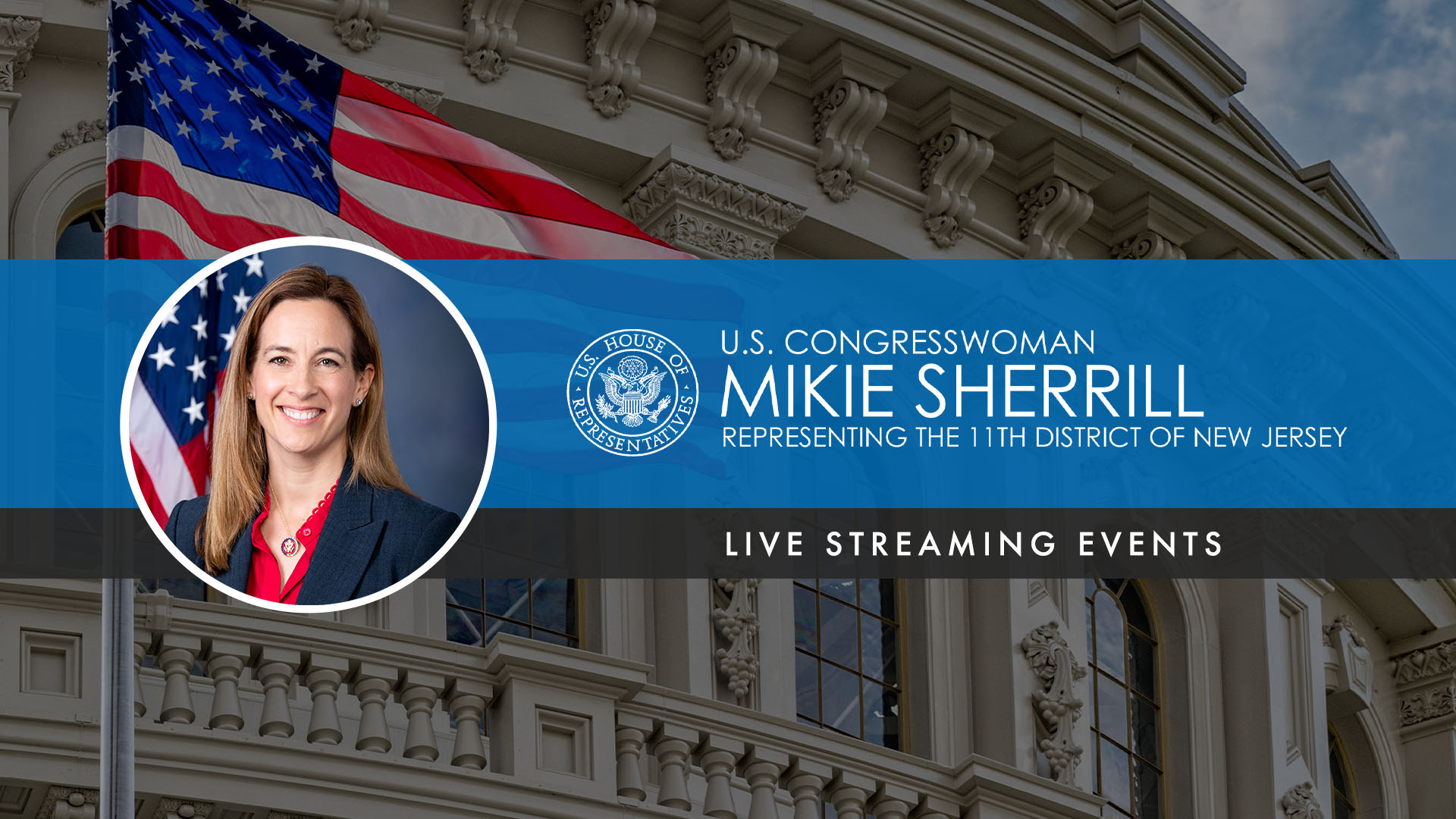New Jersey has long been a state facing a housing crisis, marked by skyrocketing rents, stagnant wages, and a limited supply of affordable homes. In the midst of this crisis, U.S. Representative Mikie Sherrill has emerged as a significant advocate for affordable housing in the state. Sherrill, who represents New Jersey’s 11th Congressional District, has dedicated her efforts to addressing the housing needs of her constituents and advocating for policies that ensure everyone has access to safe, affordable housing. This article explores Sherrill’s initiatives, the challenges of affordable housing in New Jersey, and the ongoing fight for housing equality.
The Housing Crisis in New Jersey
New Jersey’s housing market has been characterized by a series of challenges that have made it increasingly difficult for residents to find affordable housing. Some of the key issues include:
- High Rental Costs: New Jersey has one of the highest average rental prices in the nation, with many areas witnessing rents that exceed the capabilities of average working families.
- Stagnant Wages: While housing costs have surged, wages for many residents have not kept pace, creating a significant affordability gap.
- Limited Inventory: The supply of affordable housing units has not grown to meet demand, exacerbating the crisis and leading to increased competition for available units.
- COVID-19 Impact: The pandemic further strained the housing situation, with many families facing job losses and economic instability that made housing costs even more burdensome.
Mikie Sherrill: A Dedicated Advocate
Mikie Sherrill’s background as a former Navy pilot and federal prosecutor has shaped her approach to public service, emphasizing accountability and dedication to her constituents. Since her election to Congress in 2018, Sherrill has made affordable housing a priority in her legislative agenda. Here are some notable aspects of her advocacy:
- Policy Proposals: Sherrill has introduced and supported various bills aimed at expanding affordable housing options, including initiatives to provide funding for low-income housing development and improve housing stability for families.
- Community Engagement: Sherrill regularly holds town hall meetings and engages with community organizations to better understand the housing needs of her constituents.
- Collaboration with Local Leaders: Sherrill works closely with local government officials and housing advocates to develop strategies and solutions tailored to the unique challenges faced by New Jersey municipalities.
Key Initiatives and Policies
Sherrill’s commitment to affordable housing is reflected in various initiatives aimed at addressing the multifaceted nature of the housing crisis. Some of her key initiatives include:
1. Supporting the Affordable Housing Credit Improvement Act
This act aims to increase the low-income housing tax credit (LIHTC) allocation, providing more resources for affordable housing development. By enhancing this credit, Sherrill seeks to encourage private investment in affordable housing projects across New Jersey.
2. Expanding Funding for Housing Assistance Programs

Sherrill has pushed for increased funding for programs like the Housing Choice Voucher Program, which assists low-income families in affording rent in the private market. This expansion is crucial for helping families maintain housing stability.
3. Advocacy for Zoning Reforms
Recognizing that zoning laws often hinder the development of affordable housing, Sherrill has called for reforms that encourage municipalities to embrace diverse housing options. This includes promoting policies that allow for multi-family units and mixed-use developments, which can increase the housing supply.
Case Studies: Success Stories in Affordable Housing
While the challenges of affordable housing in New Jersey are significant, there are success stories that demonstrate what can be achieved through effective policy and community engagement. Here are two examples:
1. The Montclair Housing Authority

The Montclair Housing Authority has successfully developed several affordable housing projects, including the Montclair Development Initiative, which aims to create mixed-income housing in the area. This initiative has provided essential housing options for families while also enhancing the neighborhood’s vibrancy.
2. The New Jersey Community Capital

This nonprofit organization has been instrumental in financing affordable housing projects throughout the state. Their work has led to the development of hundreds of affordable units, providing housing security for many low-income families in New Jersey.
The Role of Federal Support
Sherrill’s advocacy is not only focused on state-level solutions but also emphasizes the importance of federal support for affordable housing initiatives. During her tenure, she has worked to secure funding and resources from the federal government to address local housing needs. Some important federal programs include:
- Community Development Block Grant (CDBG): This program provides federal funds to support community development and affordable housing initiatives at the local level.
- HOME Investment Partnerships Program: This program provides grants to states and localities to create affordable housing for low-income households.
- Emergency Housing Vouchers: These vouchers provide housing assistance to individuals and families who are homeless or at risk of homelessness.
Challenges Ahead

Despite the progress made, significant challenges remain in the fight for affordable housing in New Jersey. These challenges include:
- Political Opposition: Efforts to reform zoning laws and increase funding for affordable housing often face resistance at both state and local levels.
- Public Awareness: Many residents may not fully understand the importance of affordable housing policies or may hold misconceptions that hinder support for these initiatives.
- Funding Limitations: Securing adequate funding for housing programs remains a persistent challenge, especially as federal budgets fluctuate.
Conclusion: The Path Forward
The fight for affordable housing in New Jersey is far from over, but advocates like Mikie Sherrill are making significant strides toward creating a more equitable housing landscape. As she continues to push for policy changes, engage with her constituents, and collaborate with local leaders, there is hope for a future where all New Jersey residents can access safe and affordable housing.
Key takeaways from this ongoing battle include the importance of community engagement, the need for comprehensive policy reforms, and the necessity of sustained federal support. By addressing the root causes of the housing crisis and working collaboratively, New Jersey can pave the way for a brighter future where affordable housing is a reality for all.
